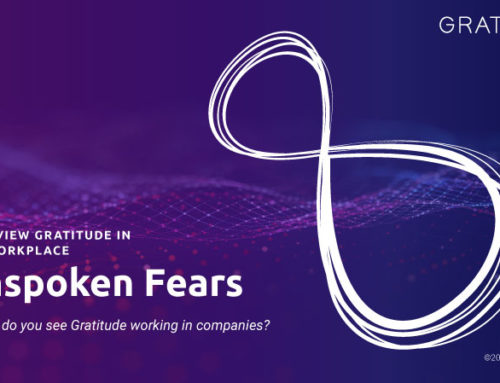As I pondered the implications of Gratitude Games, insights from past studies in phenomenology and speech acts and work in the field of neurolinguistics and business action theory began to coalescence.
Language not only determines what we can and will think, but how we see the world, how to make sense of it, and how we respond in an unconscious, reflexive way.
In my first book, Firebrands: Building Brand Loyalty in the Internet Age, I introduced the idea of a meta-language that I called digerata.
As a meta-language, digerata constitutes a language about language. In particular, digerata outlines a strategy for how global marketer can write marketing copy and product claims in a way pre-optimized for machine translation into world languages.
I used the term to assist global brands such as Apple, Ericsson, GM, Nokia, SAP and TeliaSonera in speeding the localization of their collateral and websites to global markets with automated translations.
Over ten years of working with the world’s largest brands, I observed how the simple act of writing in this way … simple declarative sentences using transitive verbs in the active voice, refusing to use adverbs and all verbs forms of is, was, were, be, or being … changed how marketers not just saw the job of marketing.
For those who really embraced digerata, it transformed their relationship with their craft, their markets, and the world in general. Digerata opened whole new ways to conceptualize relationships with customers and interactions with them.
That is, by using the simplified grammar and syntax of digerata, their brand marketing became more global.
Digerata assisted them become more inclusive of regionalized concepts, treatments, and metaphors while still maintaining global brand coherence.
So immediately following the thumping download of Gratitude Games, I followed the streaming insight that the corporations can also serve engines of social transformation.
If I could get them to use another a meta-language, Gratitude, I could instill a pervasive self-generating transformational effect.
So, if I approached Gratitude as a second language, I could shift from doing Gratitude, you know as an act of the will, to just being grateful, as a natural and reflexive way of being.
If I could instill Gratitude as a second language in the workplace, this would also transform their corporate and product brands.
I knew the power of branding to create a narrative and induce customers to pay price premiums and rebuff lower-cost substitutes.
Now, by adding Gratitude to the brand, the experience of consumers receiving brand intangibles of belonging, prestige, and a worthwhile mission, Gratitude would increase customer lifetime value and create powerful coattails for new products to ride.


